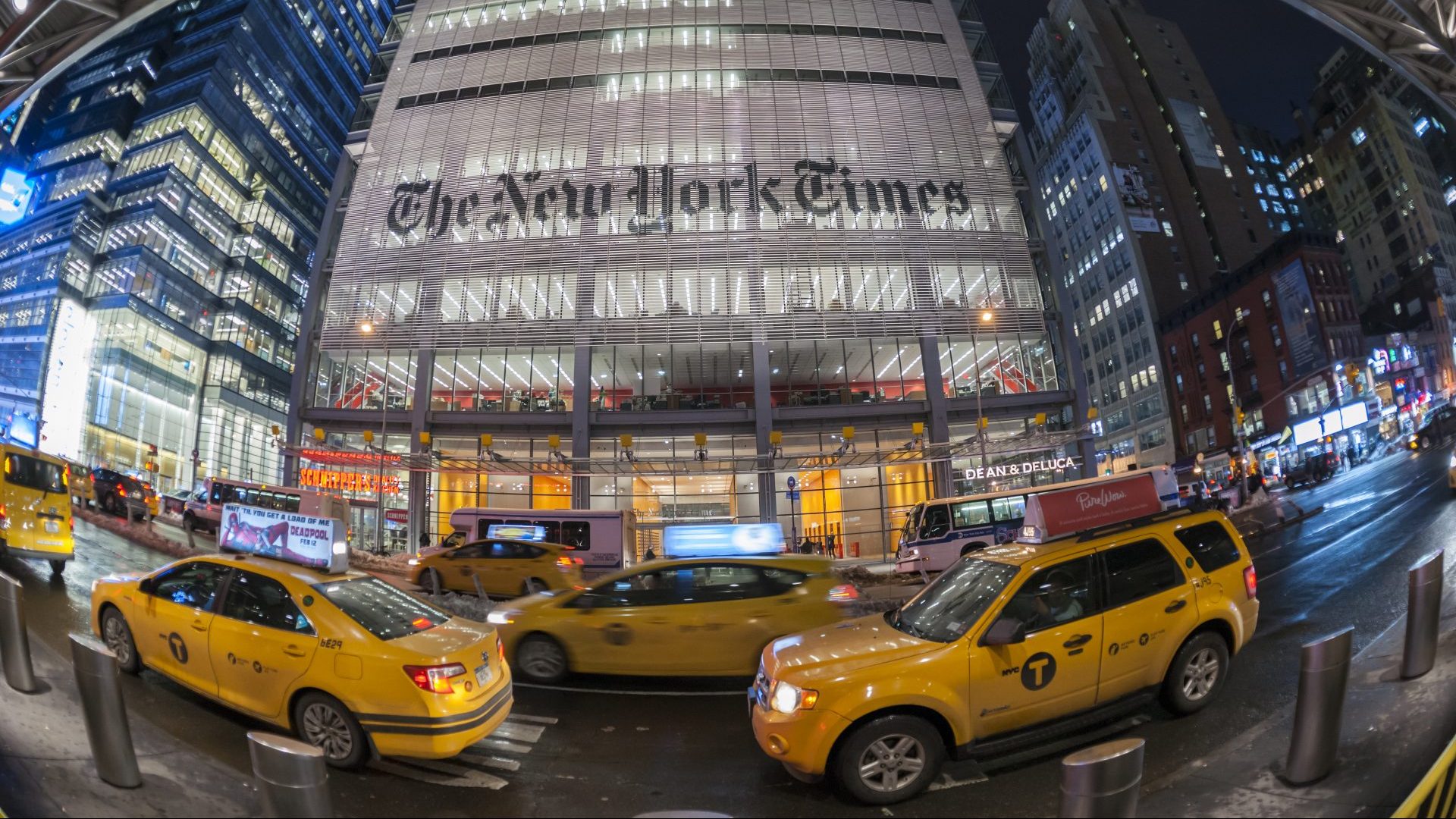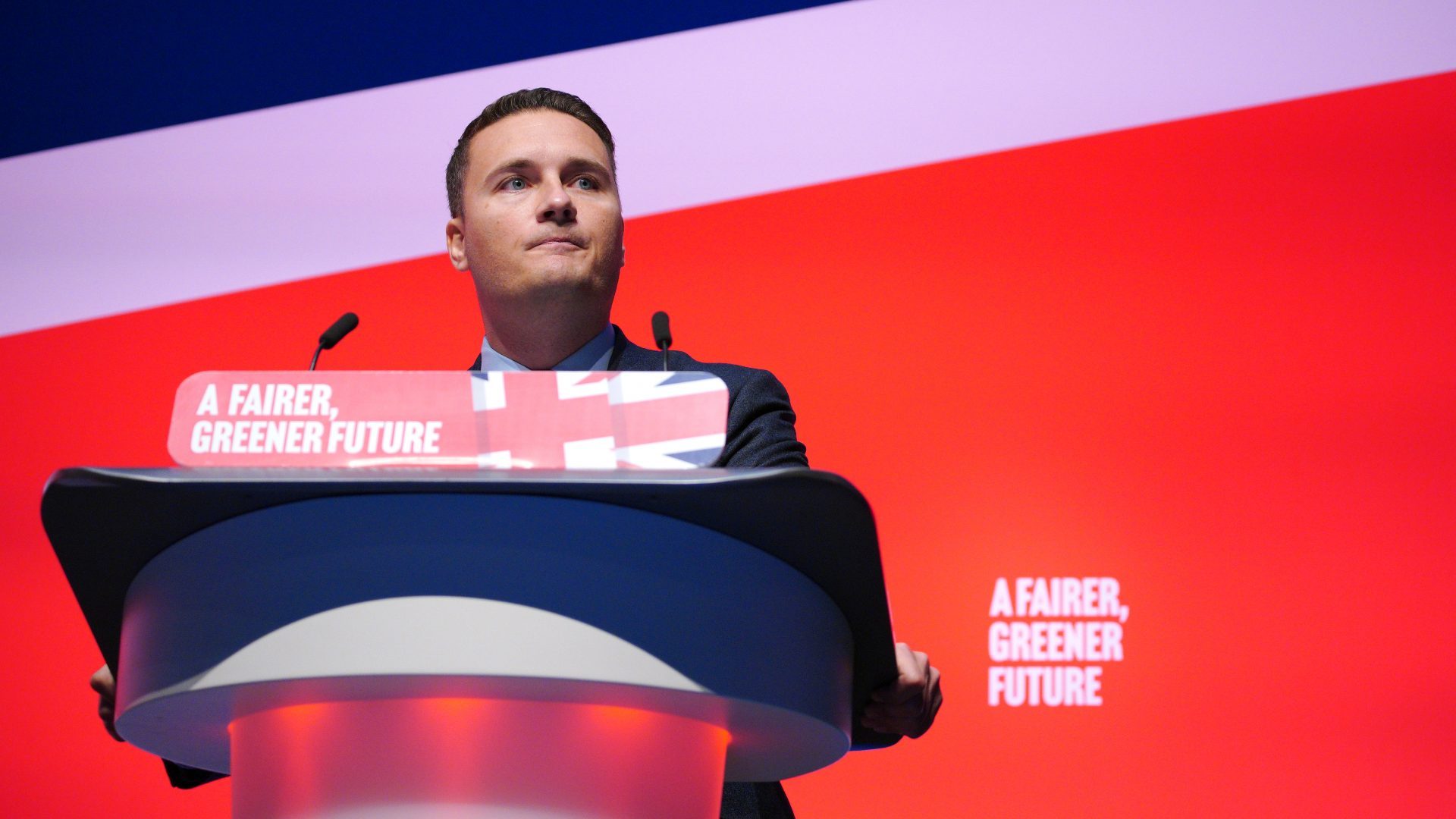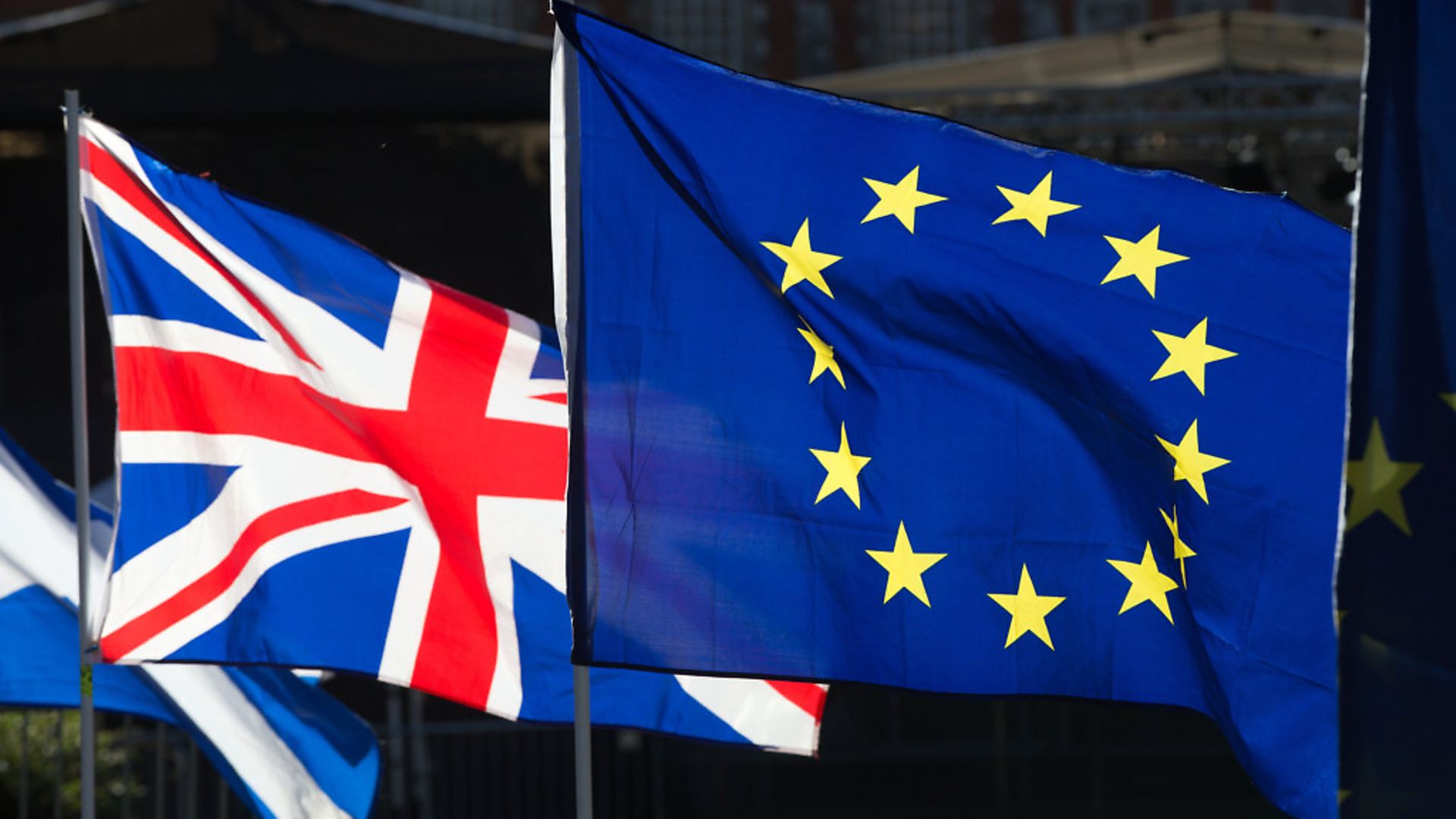For a world-leading, outward-looking, global nation, we Brits can be mighty thin-skinned at times. Politicians, commentators and newspapers that like to wave the union flag at every opportunity will happily pull out the victim’s handkerchief to complain that everyone is bullying us or being a bit nasty. It is a “punishment” for Britain being so great.
One of their particular sore points is the New York Times. Writing in the foreword of a recent thinktank report, Michael Gove took issue with an NYT podcast which had investigated the alleged Islamist infiltration of British schools, the so-called “Trojan Horse” scandal. The podcast had concluded that Islamic radicals were not taking over schools in Birmingham, and the suggestion was little more than a figment of the right-wing imagination. Incensed by this, Gove and his co-author, Nick Timothy, the former No 10 advisor and now Telegraph columnist, called the NYT journalists “useful idiots,” who were attempting to portray Britain “as an insular backwater whose inhabitants are drowning in a tide of nostalgia, racism and bad food”.
This was just the latest manifestation of the British right’s choppy relationship with the American media. Another recent flare-up came when Trevor Noah, host of the satirical Daily Show in the US, claimed that there had been a racist backlash over Rishi Sunak entering No 10. Sajid Javid tweeted that Noah was simply wrong. Downing Street said that Sunak didn’t think the country was racist.
Radio 4’s Today programme brought on the conservative British-American author Andrew Sullivan to explain what was going on. “It’s projecting American politics on to Britain,” Sullivan said, going on to claim that Brexit had “broken the brain” of the mainstream media in the US, so that “every single story portrays Britain as a bigoted, isolated and angry former imperial power lashing out against the world”.
During the Today interview, Justin Webb remarked that Noah’s riff “does fit into a broader American left perspective of Britain – look at the New York Times’s coverage of us”. Webb was right, in that the paper’s coverage of Britain has been exercising commentators on this side of the Atlantic for a while. The Times, Mail, Telegraph and Spectator have all run columns about how the paper dislikes, hates, loathes or is obsessed with Britain. The Catholic Herald and the Critic magazine have done likewise.
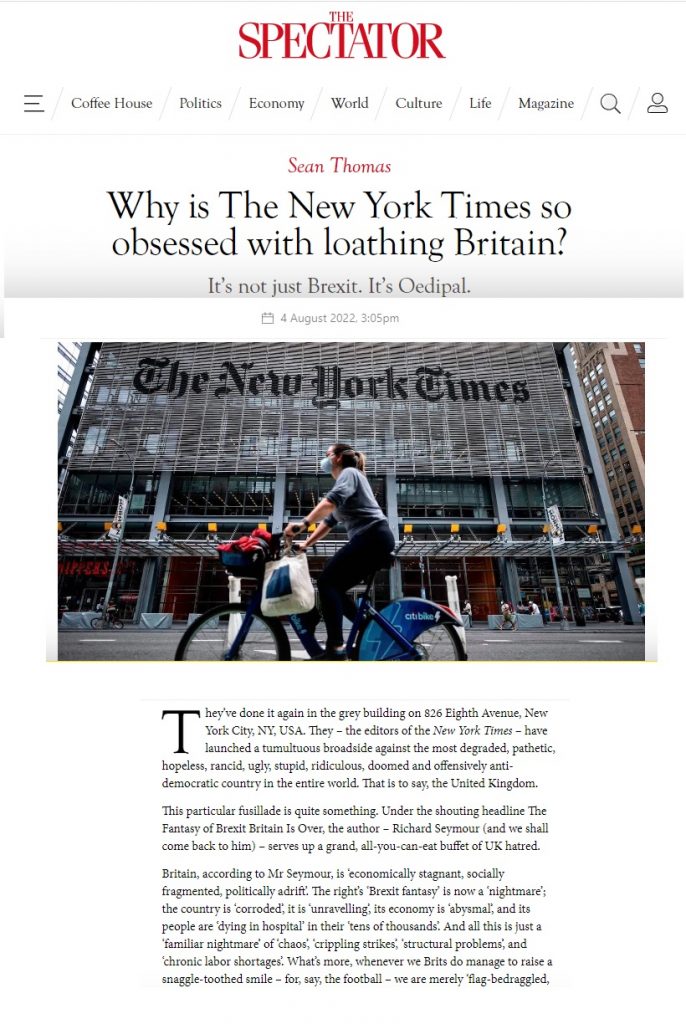
There is no doubt that the NYT has published some disobliging pieces. One columnist in the paper used the word “karmic” to describe the IRA’s murder of Lord Mountbatten. It is hard to justify such language. Nor would many British people object to the state paying for the Queen’s funeral, as one NYT commentator did. But the question is not so much whether we like the sound of these articles, but whether they give an accurate picture of how the outside world sees us.
Consider remarks made earlier this year by Max Hastings, the former Telegraph editor and by no measure a “leftie”, who told Andrew Marr on LBC that “our country does seem in the eyes of the world increasingly ridiculous. I don’t think… some Tories seem to understand how Americans and Europeans are viewing us. They don’t hate us; they just look at us with complete disbelief: what has this country done to itself over the past 15 years?”
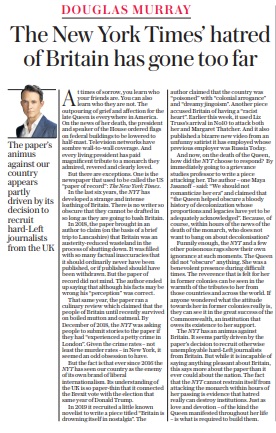
Le Monde, El Español, the Irish Times and Bild have all said the same, but for some reason they don’t trigger the same outrage as criticism from the NYT, or from the American left in general. The writer Douglas Murray has been highlighting the US left’s sceptical view of Britain for years, for the UnHerd website, the Telegraph, the Spectator, the New York Post, as well on YouTube. He had cited a restaurant review from 2018 that talked about Brits subsisting on boiled mutton and porridge; a colour piece from Prescot in Merseyside from the same year, which erroneously reported that the library had shut; an essay from 2019 saying Britain was “drowning in nostalgia”; a couple of pieces about our supposed racism, and one article headlined: “The fantasy of Brexit Britain is over”. Is the New York Times distorting Britain?
This last, by a Marxist blogger called Richard Seymour, also upset the Mail’s Andrew Neil and Guy Adams. The Mail, in common with Oliver Kamm in the Times, was further put out by the NYT’s decision to commission a video by Jonathan Pie in which he said, “Welcome to Britain, where everything is terrible”. For those without the benefit of a social media account, Pie is a spoof reporter, played by the comedian Tom Walker, who got his break by appearing on the Russian state-backed broadcaster Russia Today. Walker’s expletive-ridden commentaries on the Westminster political scene get around a million views a time.
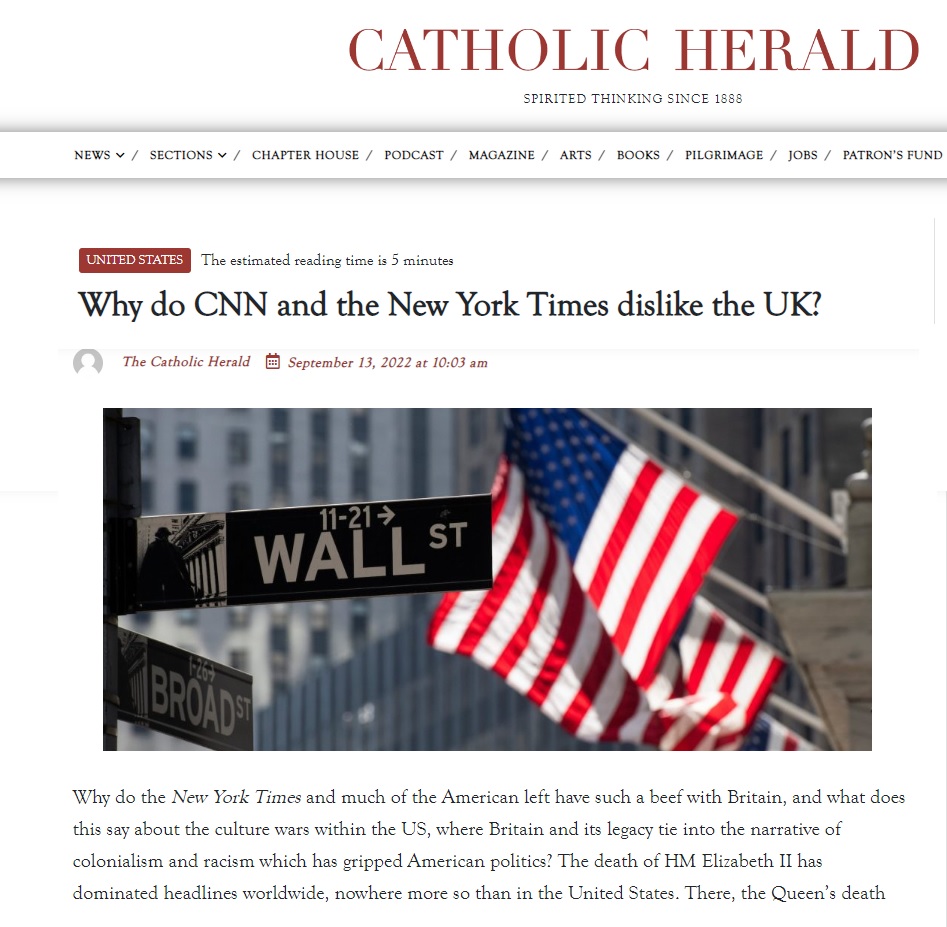
And why is the NYT so against us? One theory is that it is trying to drive up digital subscriptions in the UK among Guardian-reading lefties. Another is that it wants to curry favour in China by putting out stories on western decline, while yet another says that the paper used to be run by Mark Thompson, the former chief of the BBC, so of course it would want to bash Britain. There are plenty of these conspiratorial arguments floating about.
But is the New York Times really anti-British, as Gove suggests? Kathy Kiely, who reported on Washington for many years and is now in charge of free press studies at the Missouri School of Journalism, doesn’t think so. She says the paper has many lovers and haters in the US and has come in for a lot of criticism from the American right. But she adds that its journalism is still respected and seen as authoritative. She thinks that its high degree of interest in Britain, where, she says, “it has a lot of boots on the ground”, proves how important Britain is in American eyes. “Americans still visit England. It’s still a hotspot for tourists.”
As for those boots on the ground, the NYT says it has 80 journalists working in its London bureau. That’s almost as many as some of our own national papers. Nicole Taylor, its London-based international director of communications, says: “Our news reporting covers the scope of British politics, economy and society with the objectivity and depth expected of New York Times journalism.
“The opinion desk has published guest essays from a broad range of British political, economic and cultural voices to provide readers with the most robust, wide-ranging and distinctive collection of perspectives available.”
She offers a list of contributors including Tina Brown, Peter Oborne and one Boris Johnson. The NYT has run articles on British leadership during the development of the Covid vaccines, on its support for Ukraine and fight against climate change. It has also run features on Arsenal, London fashion and the tiny publishing house Fitzcarraldo Editions, which was set up only eight years ago and already has three Nobel laureate authors on its books. Quite a coup for the Brits and one that went unnoticed by most of Fleet Street.
There’s no denying that the number of gloomy opinion pieces far outweighs the positive takes. But many of us recognise the Britain depicted in those pages. Martin Fletcher, a former Times (of London) foreign editor and Washington bureau chief, and also a contributor to these pages, says: “I read the NYT daily and there’s no question that its editors and commentators think that Brexit was stupid, or that they have watched the prime ministerial merry-go-round with wide-eyed surprise. But then, so have you and I. I’ve never felt it’s got it in for the UK, but it’s an easy target for the right because it’s seen as part of the liberal establishment, in much the same way that the BBC is. I think the hostility is just another effort by the right to create an enemy in order to inflame its base.”
What is noticeable is that the affronted British commentators all home in on the same half a dozen examples to prove their case. The same British commentators also insist that nobody has ever heard of the authors in question, and assert that their writing would never find space in British newspapers. Just like Gove, Andrew Neil in the Mail describes them as “useful idiots”, recruited for their willingness to bash Britain. This accusation of irrelevance has even been made against renowned writers such as Afua Hirsch and even Kojo Koram, who has been shortlisted for the Orwell prize.
“Ever since Britain had the temerity to vote for Brexit, America’s most prestigious newspaper has had it in for us,” Neil wrote. “Numerous articles depict Britain as a plague-ridden, poverty-stricken hellhole in terminal decline… sometimes the only sensible response is to laugh out loud. The political analysis is often even more hilarious,” he continued, going on to quote a piece from six months earlier about Boris Johnson and his “tyrannical” ambitions. “It never occurred to the great minds at the New York Times, who take themselves oh-so seriously, that Johnson’s rule was always far more likely to end in farce than fascism.”
Neil’s Mail offering was published on August 3 this year. A month earlier, the New York Times had carried a guest essay headlined “Boris Johnson was just being Boris Johnson”. It began: “I’ve always resisted comparisons between Boris Johnson and Donald Trump. Not any more…” The author? Andrew Neil.
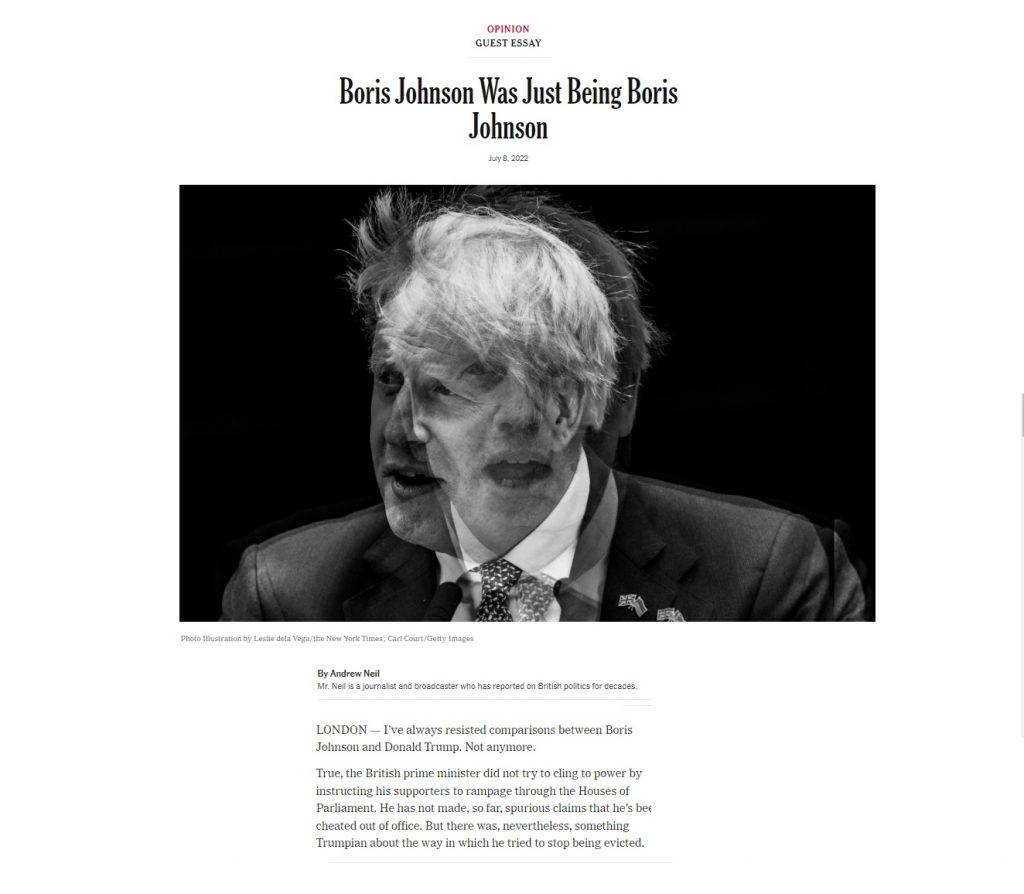
He painted an unflattering portrait of the ejected prime minister, but would presumably argue that he wasn’t joining the Brit-hating legions at the NYT, merely telling it as he saw it. Which is, of course, what the other writers did and do. Some of those journalists, who have a tough message to give Britain about how the country looks from the outside, are given space in the Guardian or the Byline Times. But they are never going to get their views on republicanism or colonialism or racism or poverty or the problems of Brexit into any of Britain’s mass-market papers. As Neil said in his Mail essay: “With only a few exceptions, the US media is pretty much a one-party state.”
Many would say that is the case in the UK, too. Gove, who is himself a former Times (of London) journalist, is yet more evidence of that fact.
Liz Gerard is former night editor of the Times and a blogger on media issues


